Maldives Whale Shark Research Programme | Ecoventure
MWSRP exists to research whale sharks and foster community-focussed conservation initiatives throughout the Maldives
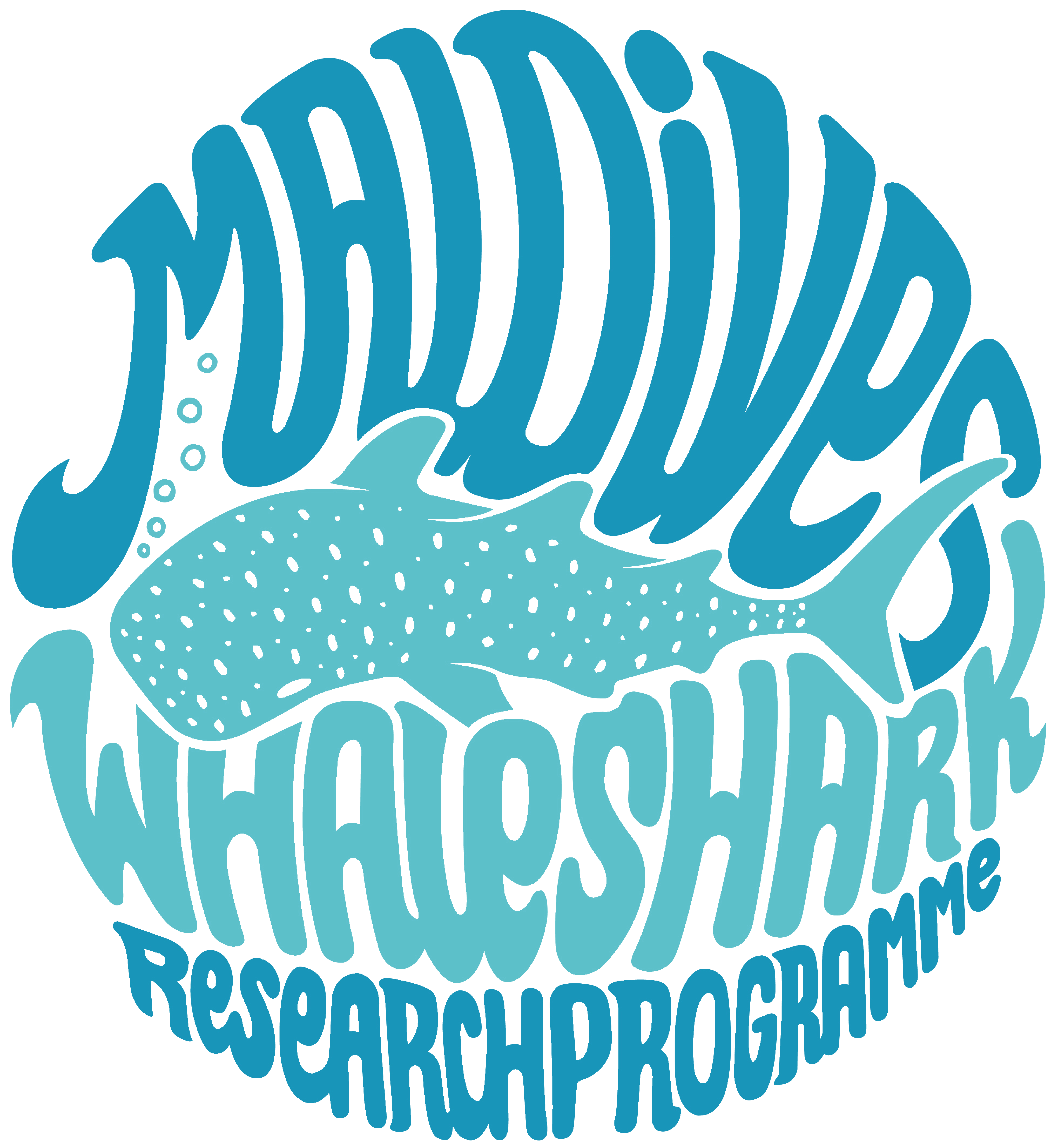






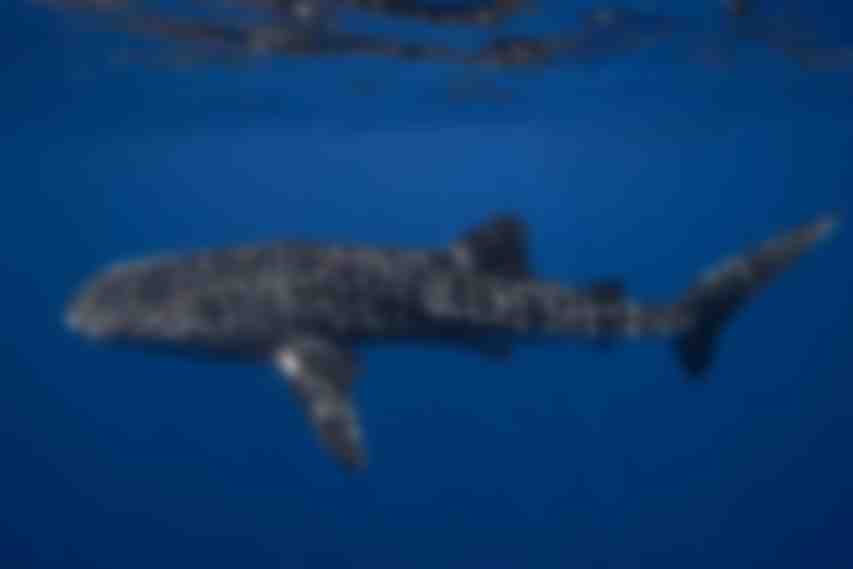

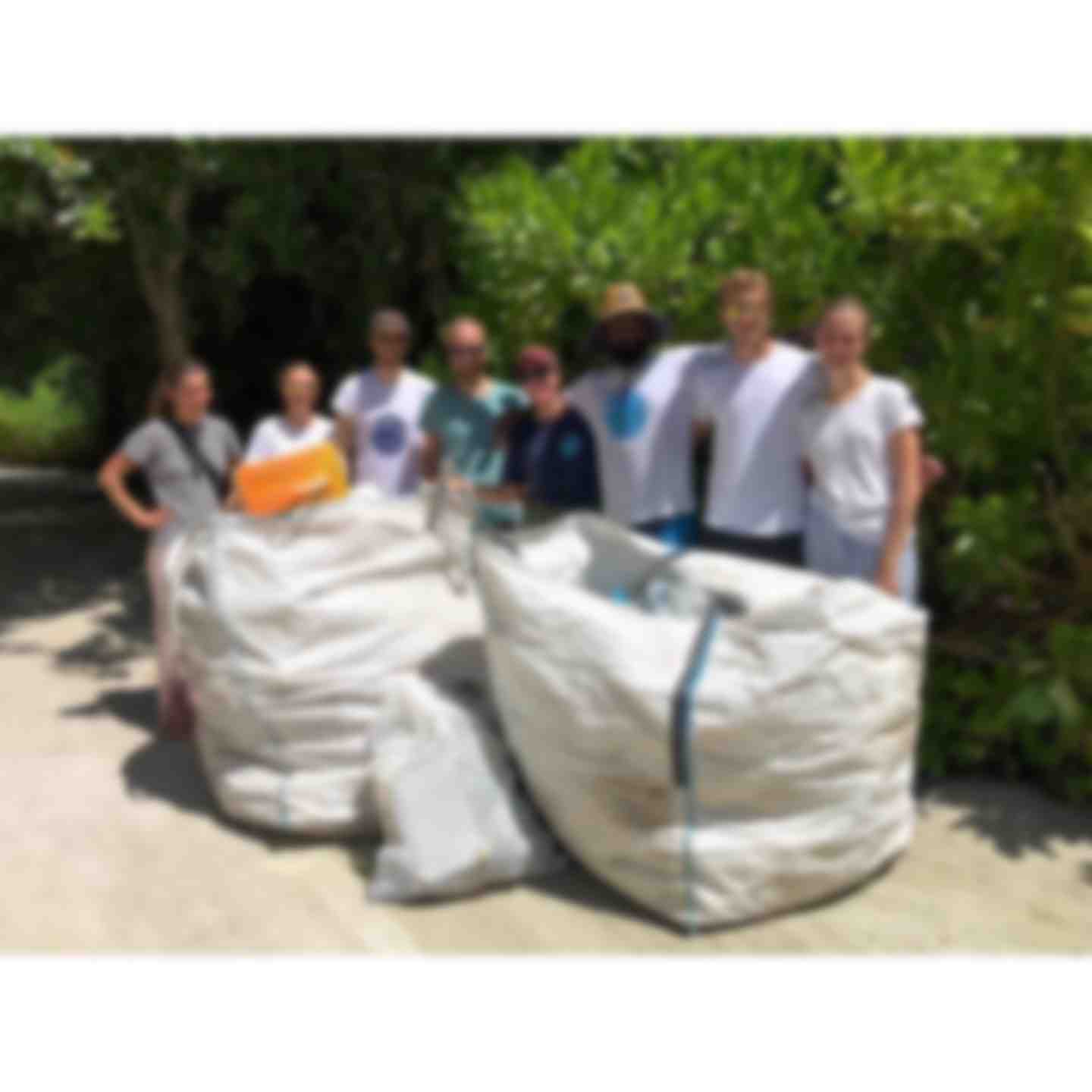


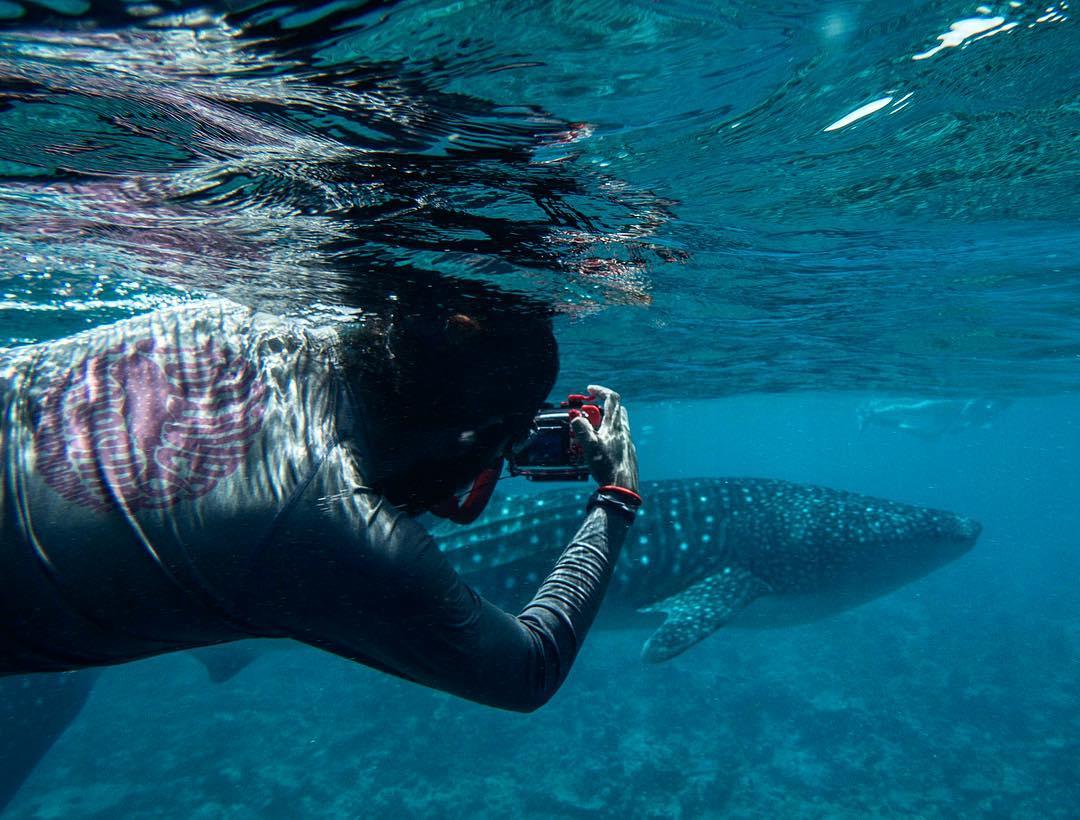

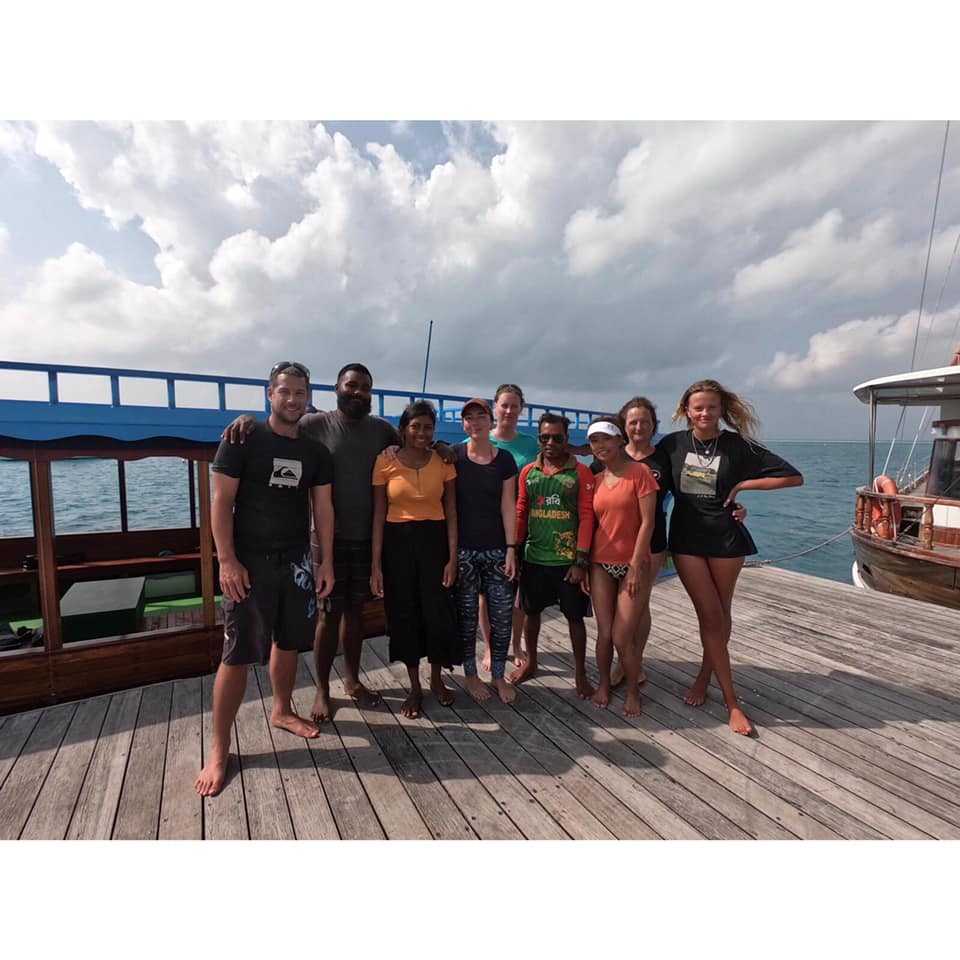

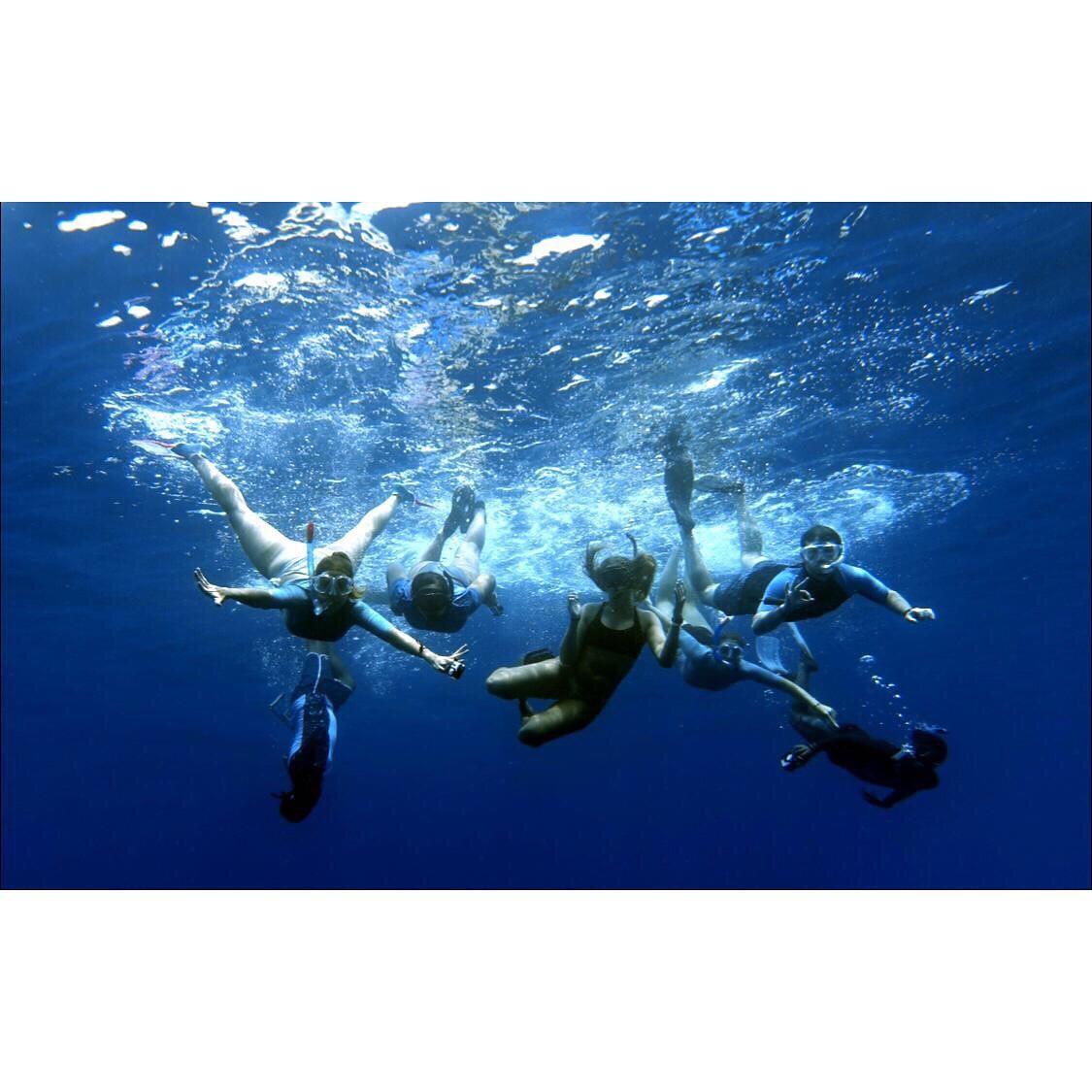

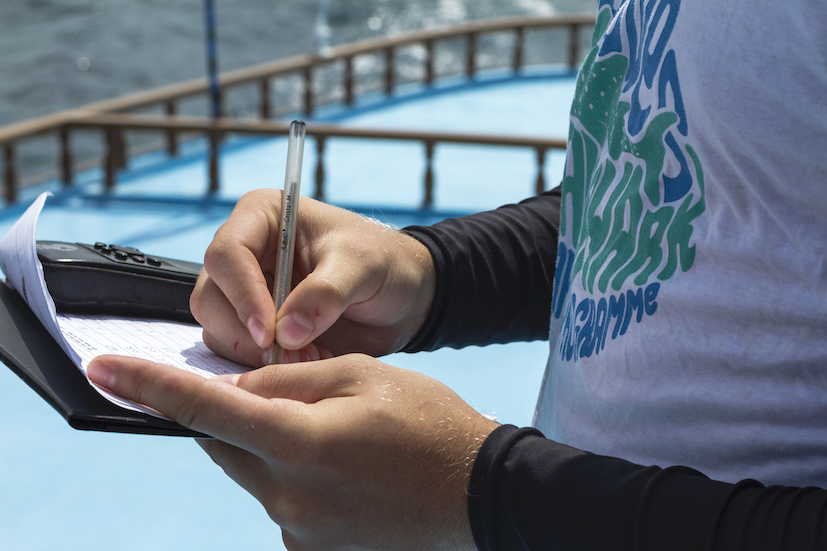

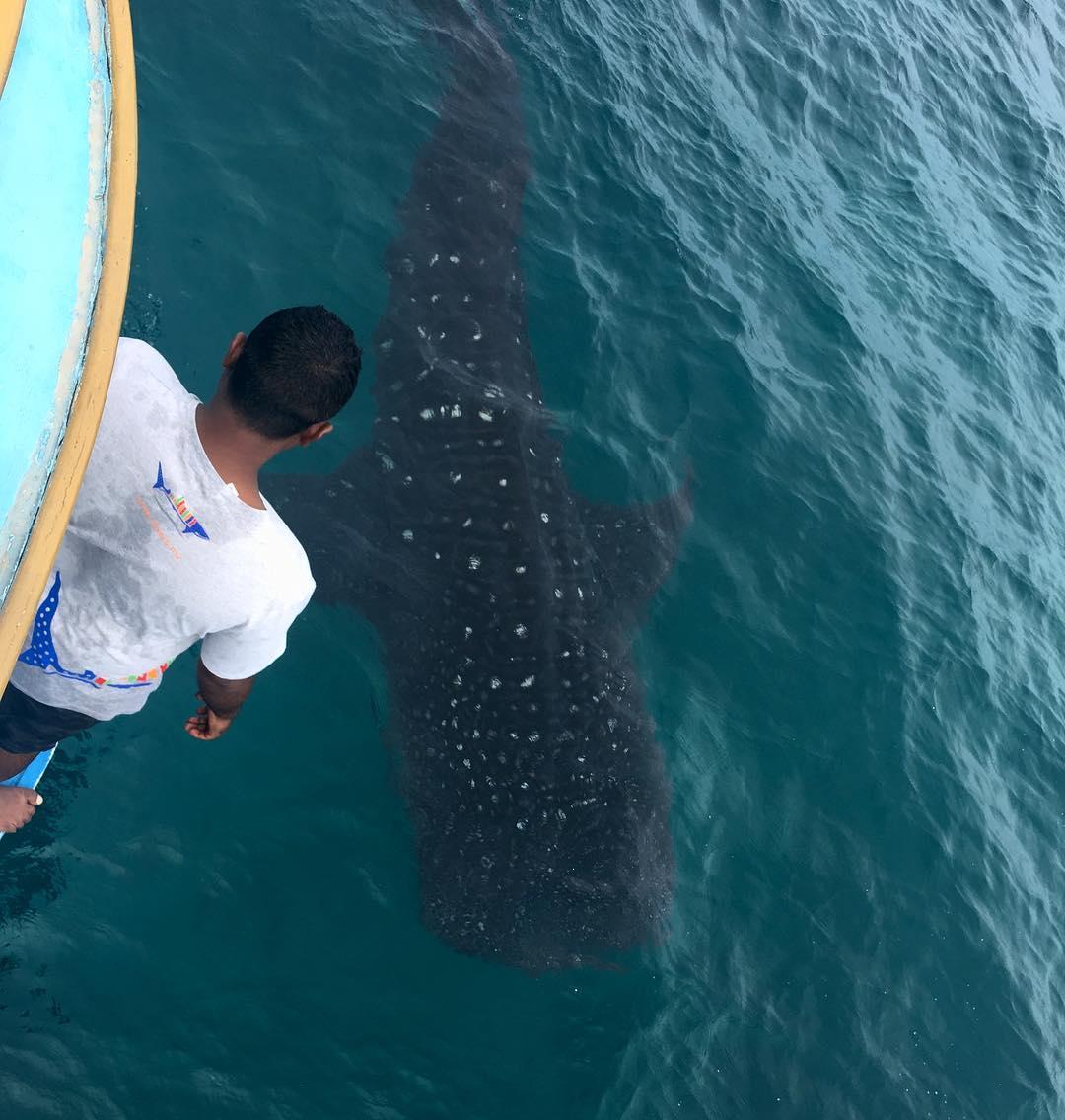

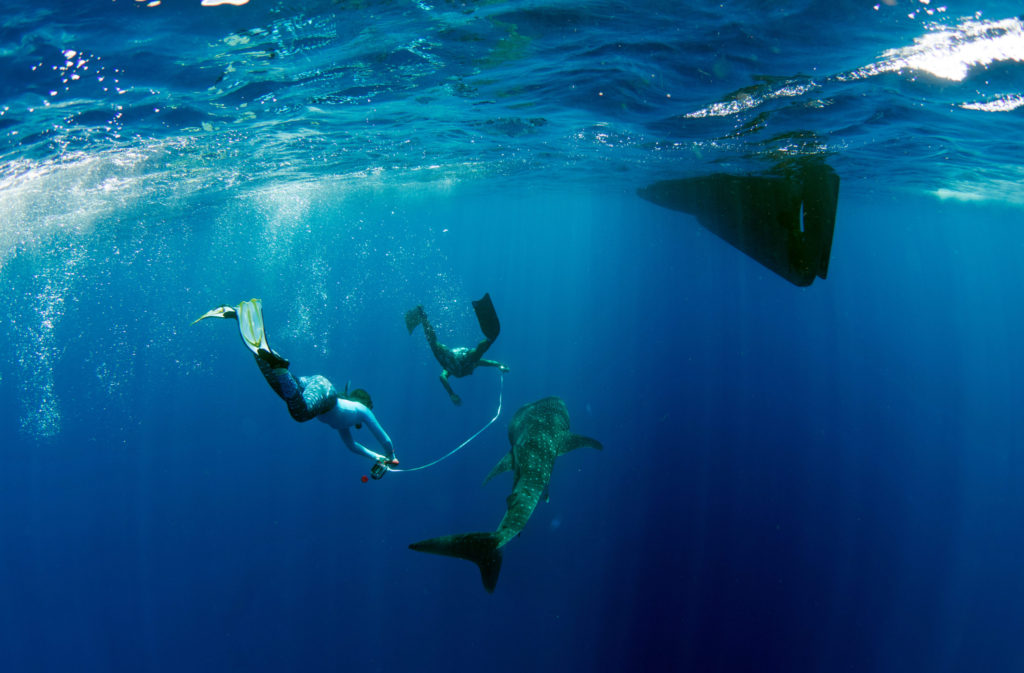



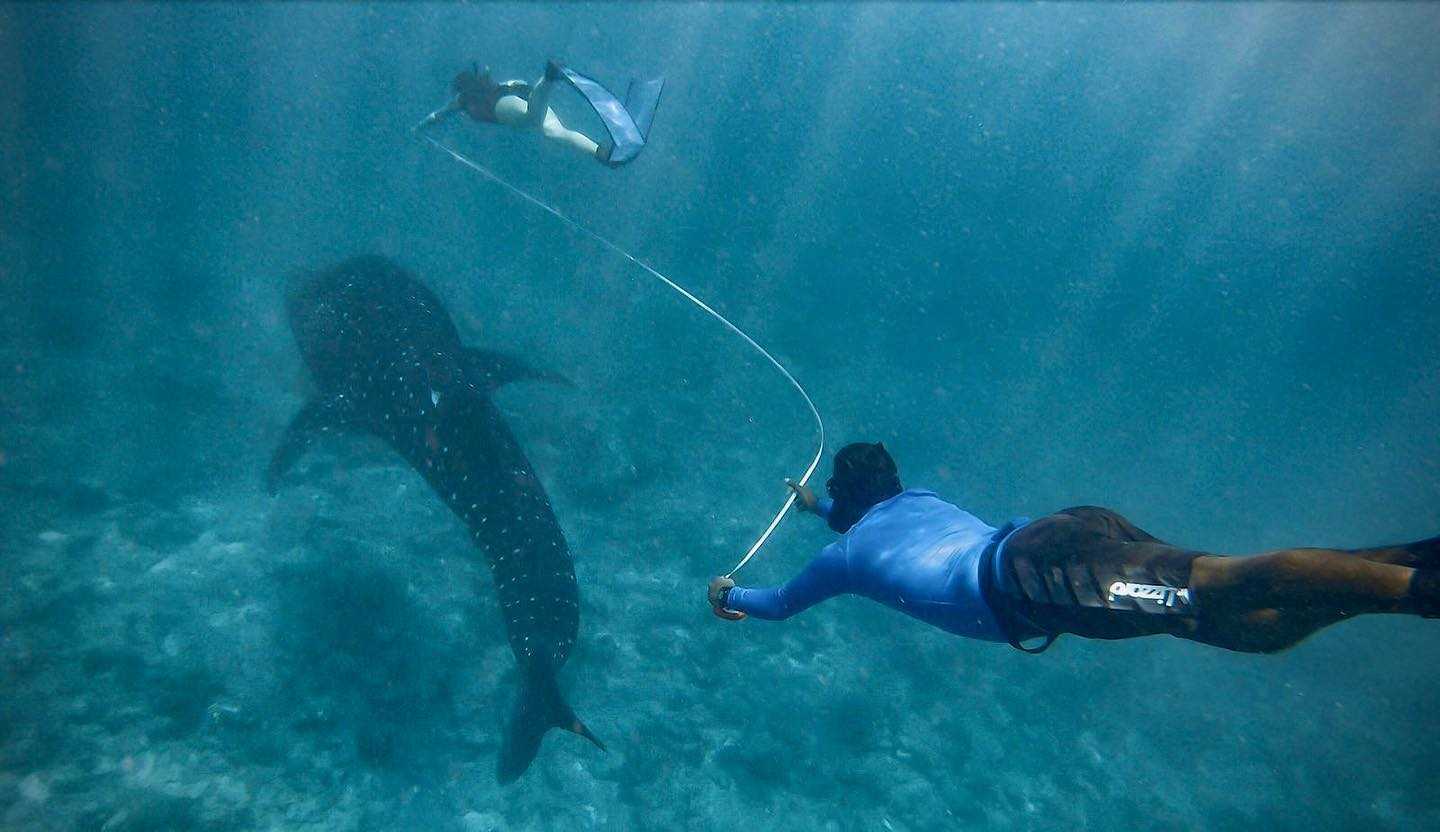



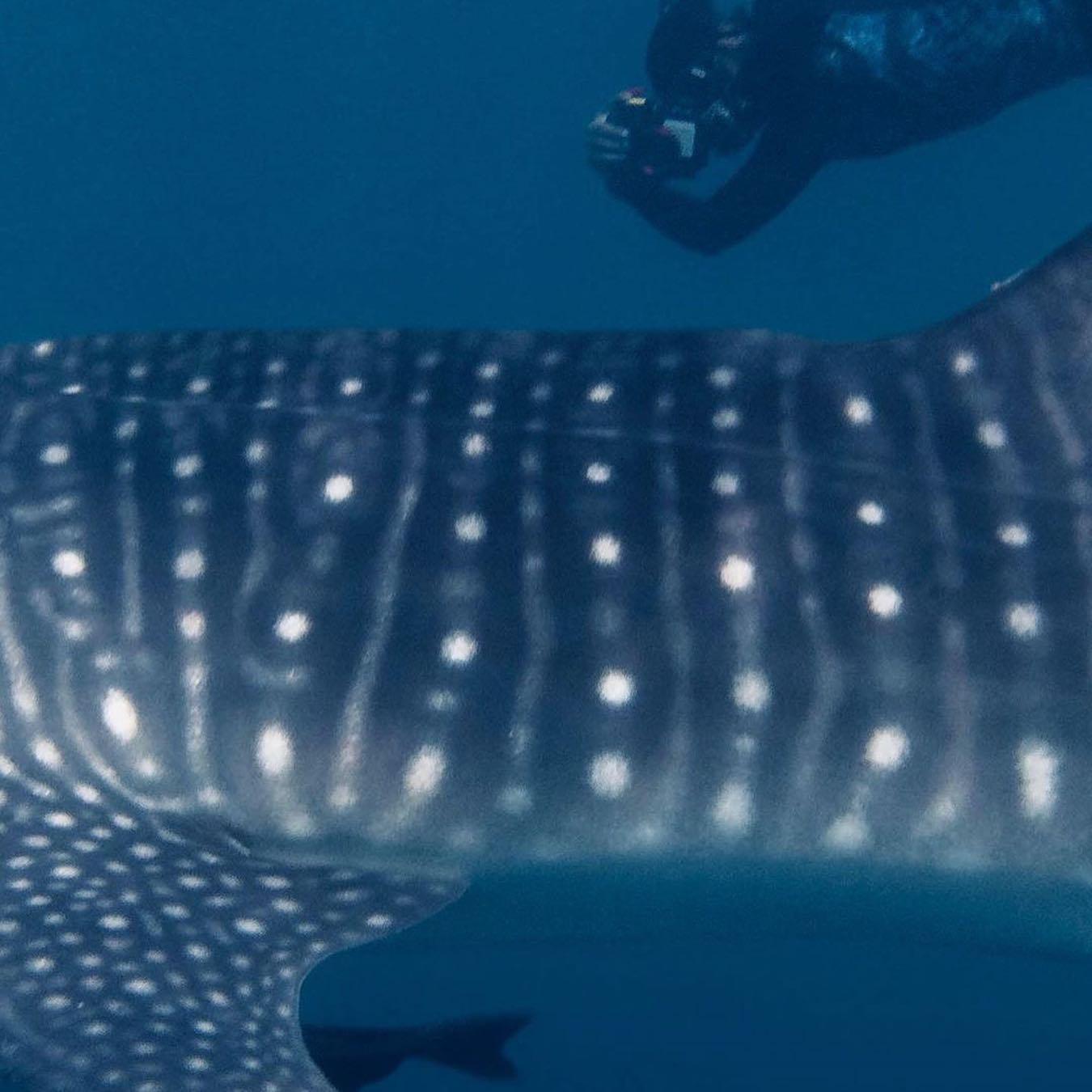
Overview
- The first, and only, research team dedicated to whale sharks in the Maldives
- Principle data providers for the implementation of the largest marine protected areas in the Maldives, created to protect the whale sharks near South Ari atoll
- Maldivian-led and with 70% of revenue spent directly in local communities, the MWSRP volunteer programme has been running for over 10 years, hosting research volunteers from all of the world
The MWSRP was conceived all the way back in 2006, in a very different guise to the charity you see today. Initially, it was an independent research expedition, with the idea of answering some of the basic questions about whale sharks in the Maldives. Basic fundamentals were unknown at that point, such as if there was even a population of whale sharks within the Maldives! Once it was established that the Maldives was indeed a thriving hotspot for the sharks, it also became clear that very little was in place in terms of infrastructure or guidelines to help protect them.
Projects
About
About Maldives Whale Shark Research Programme | Ecoventure
The MWSRP is a registered charity and the leading authority on whale sharks in the Maldives. The pioneering research of the MWSRP into the demography and movements of the whale shark population in the Maldives provides the scientific basis behind the programme's broader conservation goals. One of the MWSRP’s most significant achievements has been the key role we have played in the creation of a marine protected area in South Ari Atoll, where the team are based. By working closely with the local island councils and the Maldivian government, the area was assigned its protected status in June 2009 and protects the largest and most consistent aggregation of whale sharks in the Maldives.
Mission
The MWSRP has a simple mission statement: ‘To conduct whale shark research and foster community-focussed conservation initiatives throughout the Maldives’. This ethos reflects the ongoing commitment not just to the whale sharks, but also to increasing the participation of the local communities in managing this magnificent species.
Vision
Our goal is simple: we seek to advance the field of whale shark knowledge and to advocate for sound conservation policy in the Maldives. By encouraging and valuing community and industry stakeholder participation, we are able to leverage the scientific research to safeguard the rich biodiversity and fragile marine ecosystems that are the basis for not only whale sharks, but also life, livelihood and culture in the Maldives.
Day in the life
7:30 Breakfast 8:30 Boat Survey: The most common activity will be actually being out on the water onboard the research dhoni looking for sharks. It can be hard, hot work, but the more eyes we have on the water, the better our chances of success. We travel around on our dhoni, a traditional Maldivian boat, and from the roof we have a good vantage point from which to spot sharks. Every member of the team will be assigned a role at the start of the day, such as recording any other significant marine species we see, from turtles to mantas and dolphins, so there’s never a dull moment.
Once we spot a shark, it’s all systems go! We have to identify the shark if we can, which means taking a left and right sided picture, from which we look at the unique spot pattern later. Those with good lungs may be asked to ‘sex’ the shark, which means swimming underneath and having a good look! Finally, if there’s time, we try to measure the shark, either with a line or with our laser photogrammetry measurement device. Noticing and digitally recording new or healing injuries and other distinguishing marks can be really important in recording the health of the population too, so keep those eyes peeled!
4:00pm Return to Felicity 5:00pm Data Entry: As an active research programme, we also have to collate all the data and encounters we log whilst out on the water for presentation to policy and decision makers. As volunteers you are an essential asset in bringing all this information together, so each evening after a day on the boat we input the data into our database, as well as identifying the individual sharks or other megafauna such as manta rays we saw that day. Spotting a shark, swimming with it and then identifying and monitoring it is a really rewarding process! We upload all our encounters onto our online portal as well as contributing to our Big Fish Network.
7:00pm Dinner Evenings: Your time to process pics, listen to a presentation from our staff or just chill out and recuperate for tomorrow's adventures!
Days off: Friday is typically our day off for our survey work. You’ll have the opportunity to do some diving, go for a snorkel or visit a sandbank or two! Definitely worth putting your feet up too. It’s important to recharge for the week ahead!
"I spent 6 weeks on Dhigurah with MWSRP’s team without realizing how hard it would be to settle back in my life back in Switzerland after this experience. This adventure changed my way of thinking and living. If you are looking for feeling useful, for meeting local communities, for sharing moments, thoughts and laughs with new faces with divergent backgrounds, opinion and lifestyle, this experience is for you! As a marine lover and student in Biology, I wanted to make sure that I wanted my passion to become my job and therefore continue my studies in the field of Marine Biology. Now, I am more than 200% sure. Join the team and you’ll discover what living means. In addition, all of this reunited in a paradise, what more?" - Melissa Jaquier
Diving
Diving in South Ari Atoll
-
SharksYear round
-
Reef sharksYear round
-
Whale sharksYear round
-
WrecksYear round
-
ShipwrecksYear round
-
Coral reefsYear round
-
Plentiful reef lifeYear round
-
RaysYear round
-
Manta raysNovember - March
-
StingraysYear round
-
Eagle raysYear round
-
TurtlesYear round
-
Marine turtlesYear round

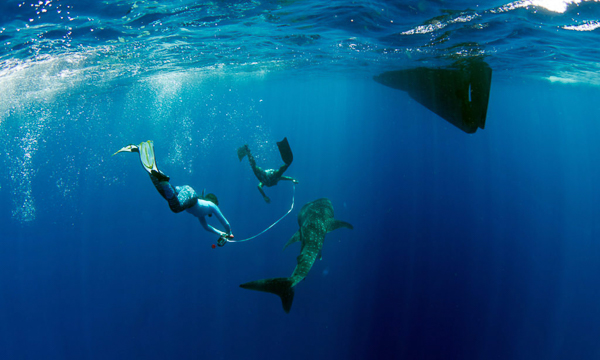
Maldives Whale Shark Research Programme | Ecoventure
South Ari Atoll